 Larissa Kwong Abazia serves as the pastor of the First Presbyterian Church of Forest Hills, NY, a multicultural, multiethnic congregation representing 25 countries. She has written a chapter in the forthcoming book, Streams Run Uphill: The Pastoral Identity and Ministry of the Other Clergywomen
Larissa Kwong Abazia serves as the pastor of the First Presbyterian Church of Forest Hills, NY, a multicultural, multiethnic congregation representing 25 countries. She has written a chapter in the forthcoming book, Streams Run Uphill: The Pastoral Identity and Ministry of the Other Clergywomen
I am a product of the access that the Presbyterian Church (U.S.A.) afforded me through its desire for representation. I have been asked to serve on committees and in leadership positions as a young adult clergywoman of color which meant that I was not only given a seat at the table, but also the power to speak on behalf of so many men and women that are not given such voice in the Church. Yet I discovered that “representation” lives alongside masked tokenism in which we are given a space while sometimes not taken seriously as to the gifts, talents, insights, and unique contributions that we bring. The result is that each caucus or individual is left fighting for the scraps underneath the table: Church resources, funding, or the one seat held for a “minority” person (therefore putting all of us into one category as if our needs and perspectives are the same).
Led by the Florida vs. George Zimmerman verdict and the resulting climate around race, the Racial Ethnic and Immigrants Convocation hosted a panel discussion on “The Church and Race: A Dialogue.” The panel was to highlight past, present and future of race relations in the Church and society. It was clear that this session possessed the power to crack open the denomination’s success and failure concerning race relations. Truths were spoken, questions were literally left unanswered, and stories remain to be shared in what ended up being far too short of a time. Because it was the only session of its kind during the conference, we left hoping that this would truly be the beginning of a real, honest discussion about race and difference in our Church.
I believe that we are missing out on countless opportunities for honest conversation and prophetic imagination to reflect the Church’s call to be the beloved community of God. The language that we use needs to be altered so that we no longer uphold the social constructs that maintain white power and privilege. We need to provide safe spaces for discussion among those represented by our racial/ethnic caucuses, but avoid ghettoizing them, using their insights only when we think they’re needed. We need to begin seeing the world and individuals at the intersections of their personhood instead of perpetuating the false truth that we can separate race, ethnicity, economic status, sexuality, education, or any other aspect of one’s identity. We need to find a different way to live as the Church that leads American culture into a new reality instead of reacting to it.
I returned home after Big Tent and gave my two-year-old son a warm embrace. He’s a biracial child who will be one of the first generations to live in a different United States: “ ‘The diversity of the nation’s children is increasing even faster than was previously expected,’ said William H. Frey, a demographer at the Brookings Institution. ‘When the 2020 Census comes around, we’re going to have a majority-minority child population,’ he said in an interview. The Census Bureau expects that moment to come in 2018, several years earlier than it previously predicted. The bureau predicts that by 2043 — which is a year later than it previously projected — there will be no single majority group in the country as a whole…”[1]
Our children are growing up in a more pluralistic America and will push us to name the repercussions of our perceived differences whether we are ready or not. I can’t wait to be at the table for that discussion…I’ll even bring my own chair.
[1] Michael Cooper, New York Times, December 12, 2012, http://www.nytimes.com/2012/12/13/us/us-will-have-no-ethnic-majority-census-finds.html?_r=0

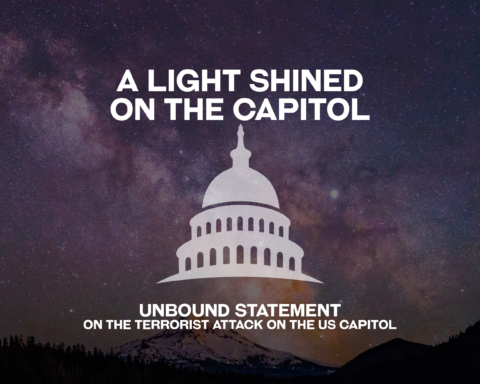
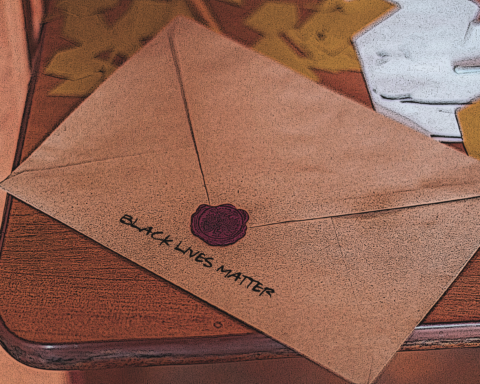
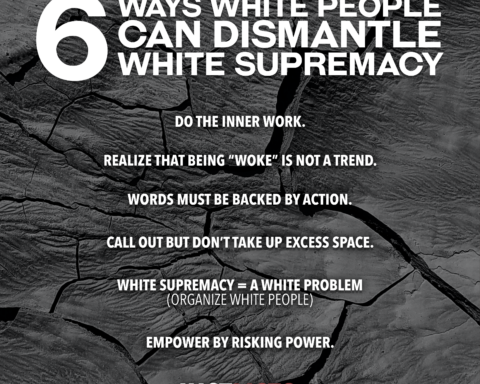
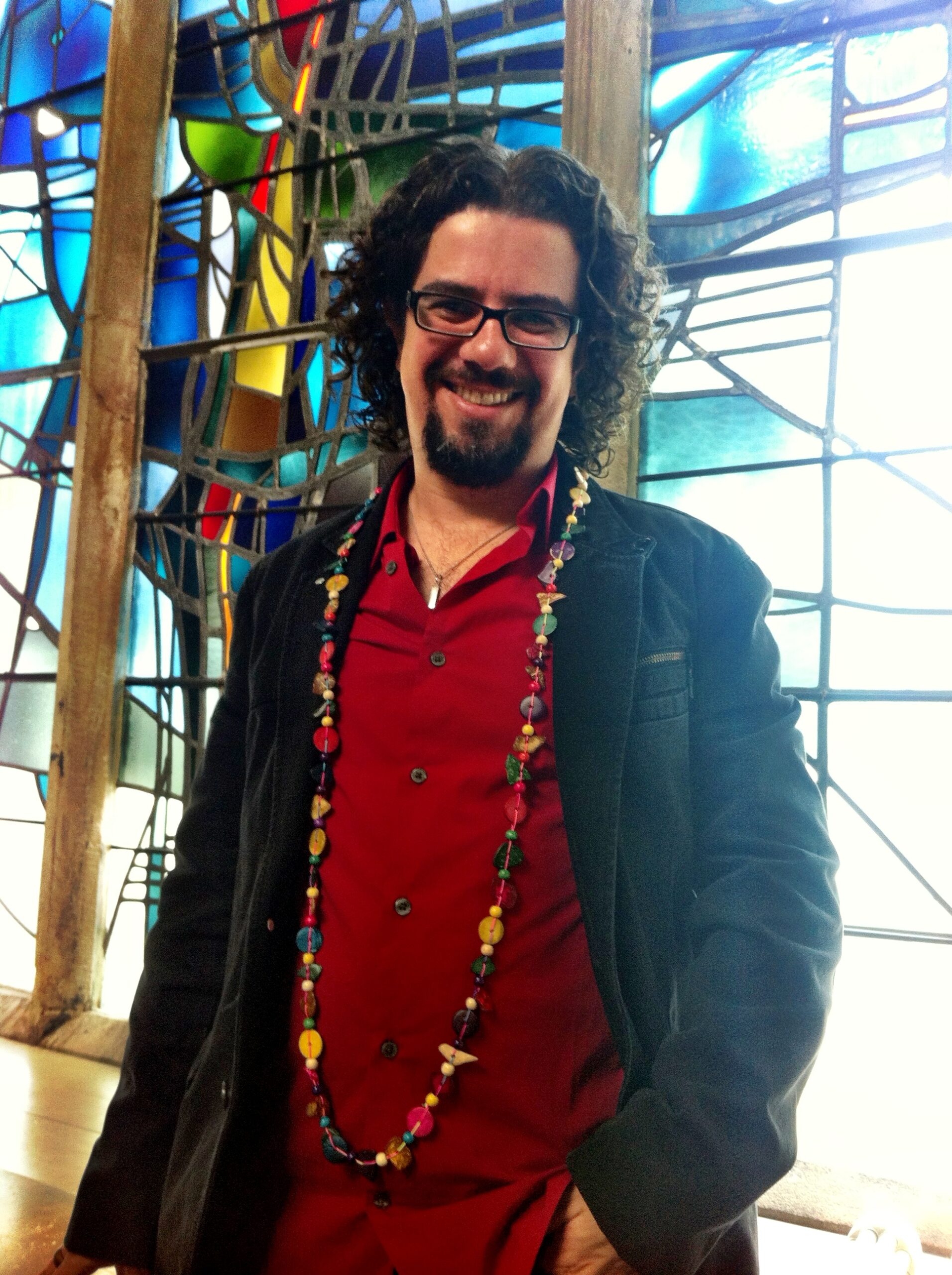
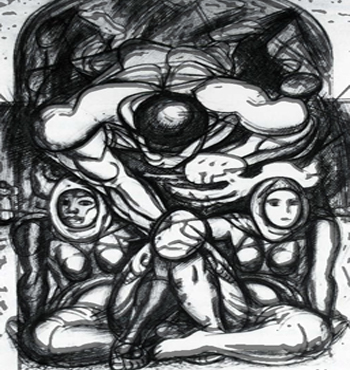
Unbound Social